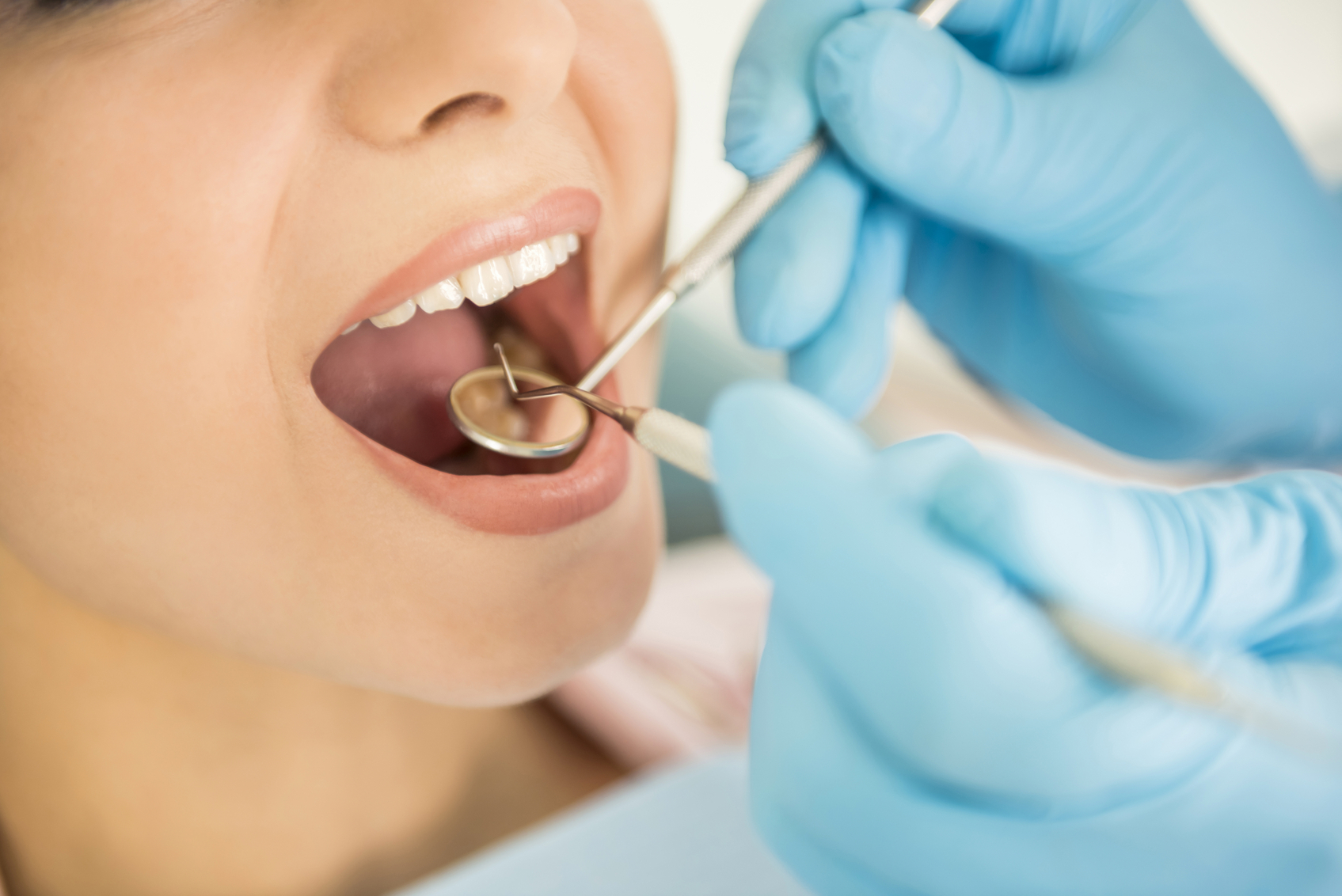Affordable and Efficient Low Cost Veneers Options Available in Washington DC
Affordable and Efficient Low Cost Veneers Options Available in Washington DC
Blog Article
Typical Questions About Oral Veneers Addressed
Oral veneers have actually ended up being an increasingly sought-after option for those aiming to boost their smiles, yet lots of people stay unpredictable regarding various aspects of their usage. Trick inquiries usually develop relating to the application procedure, durability, and potential risks connected with these aesthetic enhancements. Additionally, the difference in between porcelain and composite veneers can considerably influence one's selection. As we check out these common questions, it becomes crucial to think about not only the advantages but additionally the implications of selecting dental veneers in search of a much more certain appearance. What variables should one weigh prior to making such a decision?
What Are Dental Veneers?
Dental veneers are slim, customized coverings crafted from porcelain or composite resin that are designed to cover the front surface of teeth. These dental prosthetics offer both visual and functional objectives, providing a service for different oral blemishes, consisting of discoloration, chips, gaps, and misalignment. By adhering to the teeth, veneers can dramatically enhance the overall appearance of a smile, producing a much more eye-catching and consistent appearance.
Porcelain veneers are specifically favored for their natural clarity and tarnish resistance, making them a perfect option for people looking for lasting outcomes. On the other hand, composite resin veneers are typically more economical and can be applied in a single visit, but they may not use the exact same durability as porcelain options.
The decision to choose for dental veneers commonly originates from a need for visual improvement, but clients ought to likewise think about aspects such as the long life of the product, upkeep needs, and the potential need for tooth reduction (Dental Veneers). Inevitably, dental veneers represent a versatile and effective solution for achieving a radiant smile, catering to individual cosmetic needs while promoting confidence and self-esteem
How Are Veneers Applied?
The application process for veneers requires careful planning and accuracy to ensure optimum results. The procedure usually begins with an extensive assessment, where the dentist reviews the person's oral health and wellness, talks about desired end results, and establishes the proper sort of veneers, whether porcelain or composite resin.
As soon as the treatment plan is developed, the dental expert prepares the teeth by eliminating a thin layer of enamel, usually concerning 0.5 mm to 1 mm, to fit the veneer. This step is crucial as it ensures a correct fit and stops the veneers from appearing bulky - Low Cost Veneers. After preparation, impressions of the teeth are required to produce customized veneers that match the client's unique oral framework and aesthetic choices
While the long-term veneers are being produced in a dental laboratory, temporary veneers might be put to safeguard the prepared teeth. As soon as the long-term veneers are prepared, the dental professional will very carefully bond them to the teeth using a strong dental adhesive. Last changes are made to guarantee appropriate alignment and attack, adhered to by polishing for a natural look. The procedure culminates in a follow-up visit to check the veneers' fit and the client's contentment with their new smile.
What Are the Benefits?

Moreover, veneers are understood for their sturdiness and resistance to staining compared to all-natural teeth. Made from premium products such as porcelain or composite resin, they can preserve their look for many years with proper care. This long life makes them a practical financial investment in one's oral appearance.
In enhancement to aesthetic improvements, veneers can additionally add to boosted oral health and wellness. By covering harmed or deteriorated teeth, they can give added support and protection, aiding to stop further decay or deterioration. This protective aspect can minimize the demand for extra extensive dental procedures in the future.

For How Long Do They Last?
With appropriate treatment and maintenance, dental veneers can last anywhere from 10 to 15 years, making them a durable service for improving one's smile. The long life of veneers largely depends upon the product used, the quality of the preliminary positioning, and the patient's adherence to oral health techniques.
Porcelain veneers are recognized for their sturdiness and resistance to discoloration, commonly lasting closer to the 15-year mark when cared for properly. Compound veneers, while extra budget-friendly, might require replacement quicker, commonly within 5 to one decade due to their susceptibility to use and staining.

In addition, wearing a mouthguard throughout sporting activities or nighttime can provide additional protection. Eventually, while veneers supply a considerable aesthetic improvement, their durability is considerably influenced by the commitment to proper oral treatment and normal assessments with an oral expert.
Are There Any Dangers?
Thinking about the transformative impacts of oral veneers, it is necessary to acknowledge the potential risks associated with their application. While veneers can improve the look of teeth, the treatment involves the removal of a slim layer of enamel, which can boost tooth level of sensitivity and susceptability to decay.
One substantial threat is the possibility of inappropriate placement or suitable, causing discomfort, bite imbalance, or perhaps damages to the underlying tooth structure. Additionally, if the veneers are not preserved properly, they can come to be tarnished or cracked over time, demanding replacement.
Clients might also experience allergies to the products utilized in the veneers, particularly if they have sensitivities to particular dental compounds. While veneers are resilient, they are not undestroyable; extreme force from clinching or grinding can lead to fractures.
It is vital for people to speak with a qualified dental professional to review their individual dangers and to follow aftercare guidelines diligently. By understanding these dangers, clients can make enlightened choices concerning their oral veneer treatment and ensure the long life and success of see this page their improvements.
Final Thought
In summary, Look At This oral veneers represent an important cosmetic service for boosting smiles, with considerations regarding their application, benefits, durability, and connected dangers. Their performance is affected by variables such as the selection of product, with porcelain offering premium sturdiness contrasted to composite alternatives. Correct treatment and upkeep are important to maximize the life-span of veneers. Ultimately, notified decision-making concerning dental veneers can bring about satisfactory visual end results and improved dental health.
Dental veneers are slim, customized coverings crafted from porcelain or composite resin that are developed to cover the front surface area of teeth. After preparation, impacts of the teeth are taken to develop personalized veneers that match the person's unique dental framework and visual choices.
While the permanent veneers are being produced in an oral lab, temporary veneers might be put to protect the ready teeth. As soon as the permanent veneers are prepared, the dentist will thoroughly bond them to the teeth using a solid dental adhesive. Inevitably, notified decision-making concerning oral veneers can lead to adequate visual outcomes and boosted dental health.
Report this page